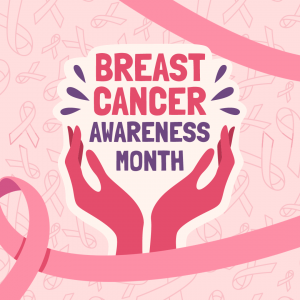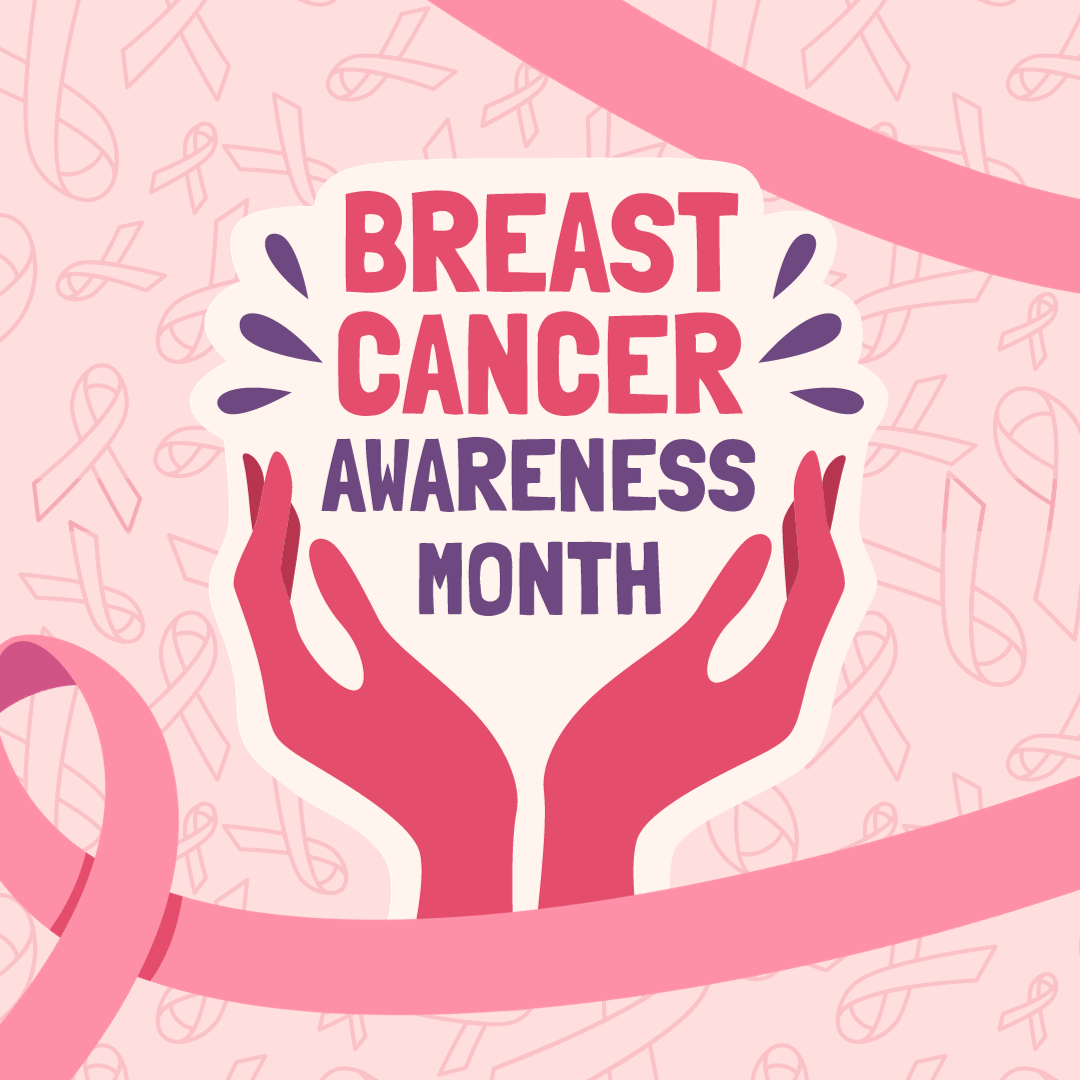 Breast Cancer is one of the most prevalent forms of cancer in Arizona. In 2020, more than 5,000 women in Arizona received a breast cancer diagnosis.
Breast Cancer is one of the most prevalent forms of cancer in Arizona. In 2020, more than 5,000 women in Arizona received a breast cancer diagnosis.
October is Breast Cancer Awareness Month, and we are here to help you learn more about the signs and symptoms of breast cancer, what to expect during a screening, and how to find a Well Woman HealthCheck Clinic near you.
The current breast cancer screening recommendations are that all women ages 50 to 74 who are at average risk for breast cancer should get a mammogram every two years and women ages 40 to 49 should talk to their doctor or health care provider about when to start and how often to get a mammogram. Younger people who have symptoms should be screened as well.
For nearly 30 years, the Arizona Well Woman HealthCheck Program has helped people live longer, healthier lives by providing access to early detection through screening and diagnostic services free of charge. People ages 40 to 65, as well as symptomatic people ages 21 and older, who are uninsured or underinsured can receive clinical breast exams and mammograms free of charge.
Over the past five years, more than 25,300 women have benefited from the Arizona Well Woman HealthCheck Program, with 22,839 women screened for breast cancer, 13,531 screened for cervical cancer, and 3,969 women receiving referrals for additional care. If screening results are abnormal, diagnostic testing such as ultrasounds, biopsies, and other tests are available, and referrals are made for treatment as necessary.
In addition, the Arizona Well Woman HealthCheck Program helps enroll uninsured women who have been diagnosed with breast or cervical cancer or precancerous cervical lesions into the Breast and Cervical Cancer Treatment Program administered by the Arizona Health Care Cost Containment System (AHCCCS).
According to the Centers for Disease Control and Prevention (CDC), there are a number of steps people can take to reduce their risk of breast cancer, such as:
- Maintain a healthy weight.
- Be physically active.
- Choose not to drink alcohol, or drink alcohol in moderation.
- Talk to your doctor about your risk if you are taking hormone therapy or oral contraceptives.
- If possible, breastfeed your children.
- Talk to your doctor about your risk if you have a family history of breast cancer.
- Follow the newest breast cancer screening guidelines.
Staying healthy throughout your life will lower your risk of developing cancer and improve your chances of surviving cancer if it occurs.
Another way to support breast cancer awareness is the Pink Ribbon/Cancer Awareness special license plate available through the Arizona Department of Transportation Motor Vehicle Division. Proceeds benefit the Arizona Well Woman Health Check Program’s efforts to provide breast and cervical cancer screenings and outreach services in Arizona. Check out ADHS’ Breast Cancer Screening and Awareness website that highlights identifying issues early, self exams, and where to find a screening location.










